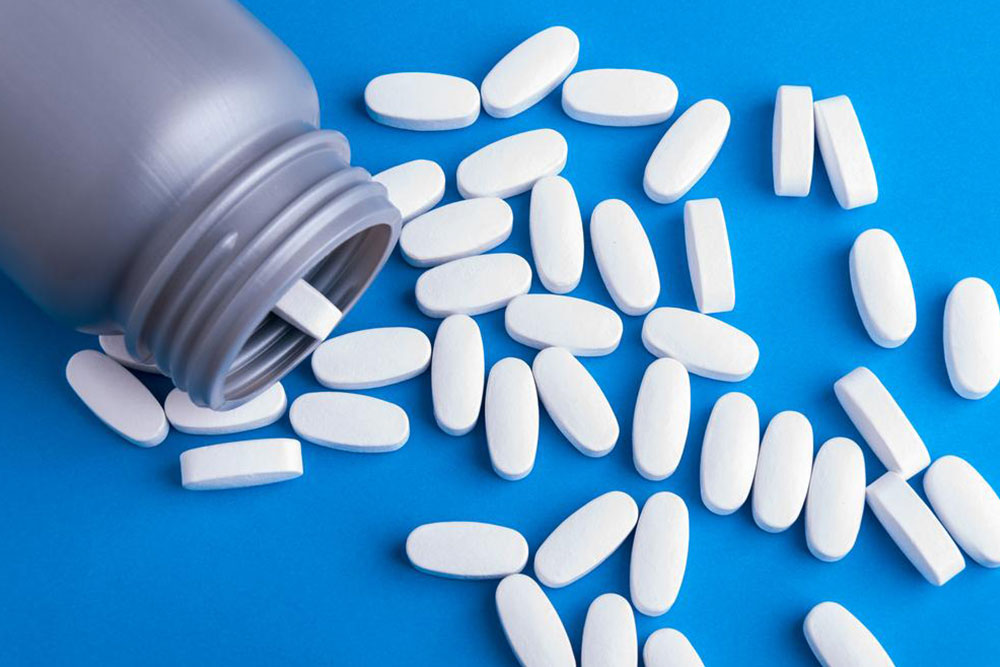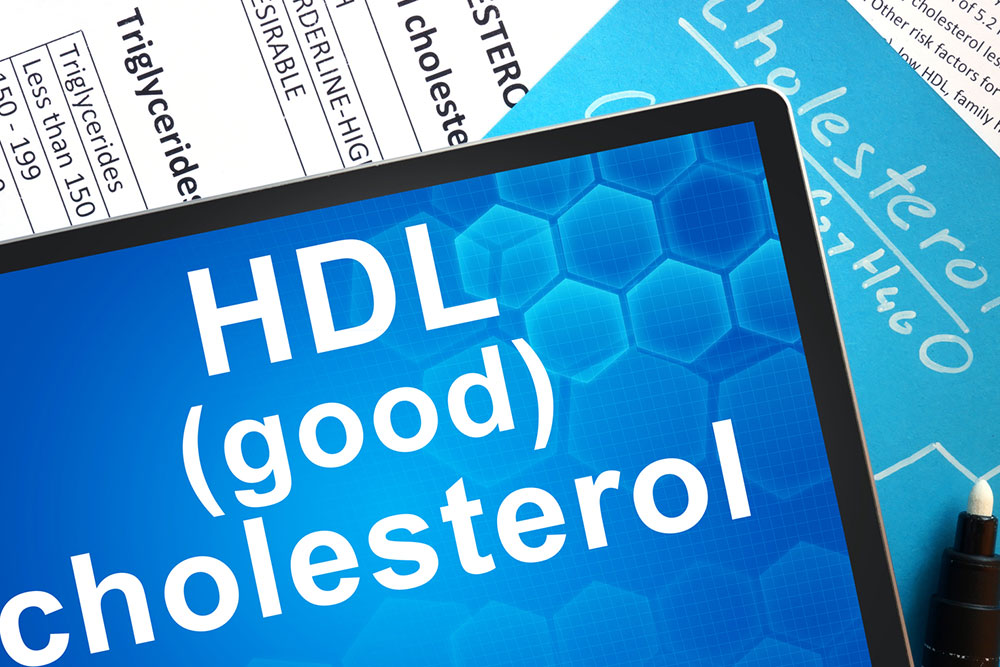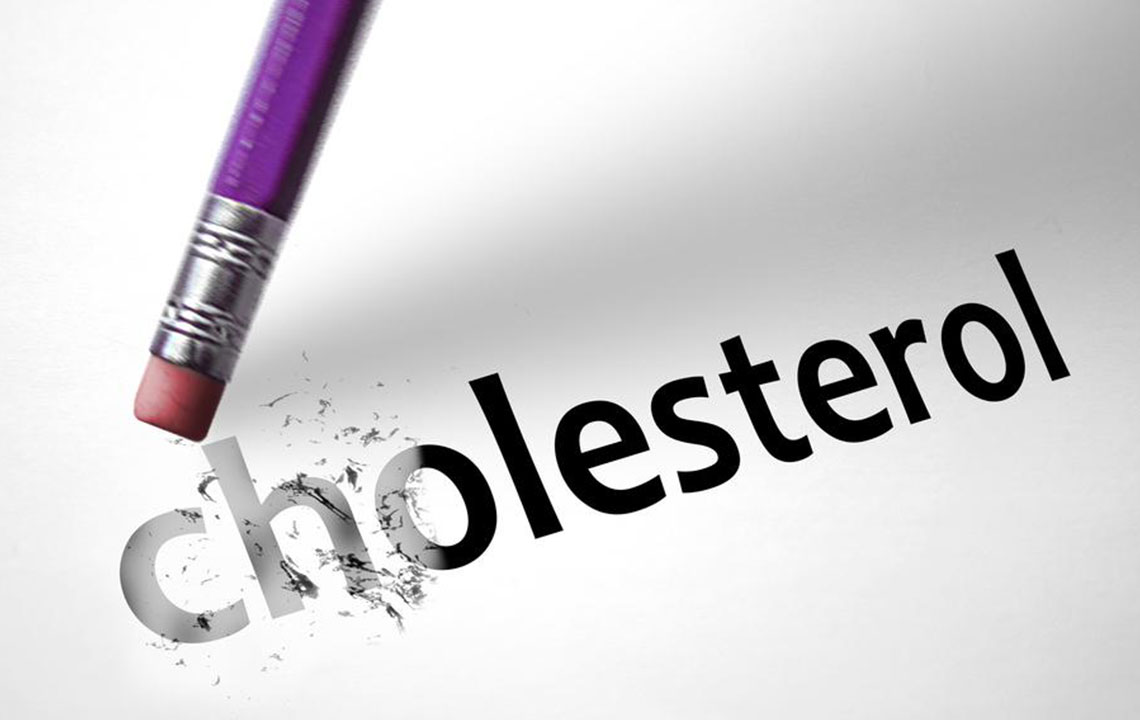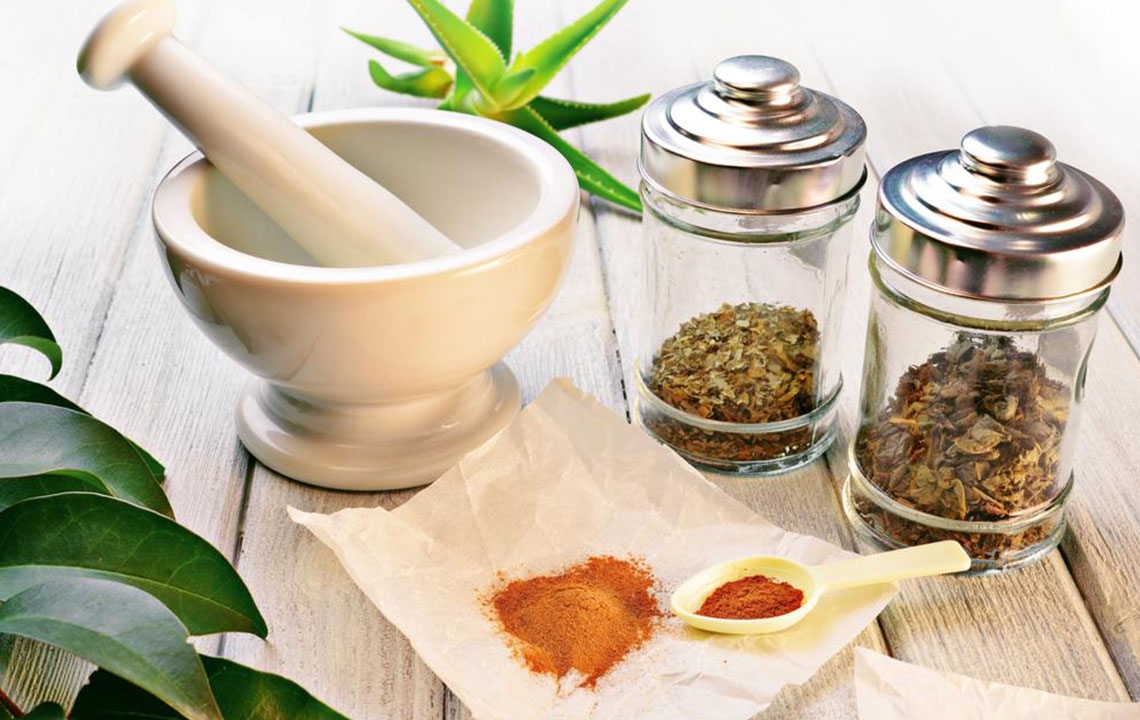Comprehensive Guide to Natural Remedies for Managing Cholesterol Levels Effectively
Explore effective natural supplements to manage cholesterol levels and improve heart health. This detailed guide covers the benefits, potential side effects, and usage tips for top supplements like omega-3 fish oil, garlic, psyllium fiber, and more. Combining these natural options with a healthy lifestyle can optimize cholesterol regulation and support overall cardiovascular well-being. Always consult a healthcare professional before starting new supplements, especially if on medication. Achieve better heart health naturally through informed choices and lifestyle adjustments.

Comprehensive Guide to Natural Remedies for Managing Cholesterol Levels Effectively
High cholesterol levels are a major health concern worldwide, contributing significantly to cardiovascular diseases such as heart attacks and strokes. Managing cholesterol is crucial for maintaining a healthy heart and preventing chronic health issues. While lifestyle changes like adopting a balanced diet and engaging in regular physical activity form the cornerstone of cholesterol management, natural supplements have gained popularity for their potential to support and enhance these efforts. This comprehensive guide delves into an array of scientifically supported natural interventions and supplements that can aid in lowering bad cholesterol (LDL) and triglycerides, all while promoting overall heart health.
Understanding Cholesterol and Its Impact
Cholesterol is a waxy substance found in your blood, vital for building cells and producing hormones. However, elevated levels of LDL cholesterol, often termed the 'bad' cholesterol, can lead to plaque buildup in arteries, restricting blood flow and increasing the risk of cardiovascular events. Conversely, high levels of HDL cholesterol, known as the 'good' cholesterol, help remove LDL from the bloodstream. Achieving a balanced cholesterol profile is essential, and natural supplements can play a supportive role alongside lifestyle modifications.
Top Natural Supplements for Effective Cholesterol Management
Omega-3 Fish Oil
Omega-3 fatty acids, predominantly found in fish oil supplements, are renowned for their cardiovascular benefits. Regular intake of high-quality fish oil can reduce triglyceride levels by up to 30%, which significantly diminishes the risk associated with high triglycerides. Furthermore, omega-3s may help decrease blood pressure, reduce inflammation, and improve arterial function. While fish oil is generally safe, it can contain impurities such as mercury and may cause side effects like fishy breath, nausea, or diarrhea. It is advisable to consult with a healthcare professional before incorporating fish oil supplements into your routine, especially if you are on blood-thinning medications or have bleeding disorders.
Artichoke Extracts
Artichoke extract has long been used in traditional medicine for its liver-supportive properties and potential to regulate cholesterol. Studies suggest that artichoke extract can lower total cholesterol and LDL cholesterol levels, contributing to improved heart health. However, some individuals may experience gastrointestinal issues such as gas or allergic reactions. While initial research is promising, more extensive clinical trials are needed to establish definitive long-term benefits of artichoke supplements in cholesterol management.
Niacin (Vitamin B3)
Niacin is a B-vitamin that plays a vital role in lipid metabolism. Supplementing with niacin has been shown to boost HDL cholesterol levels while reducing triglycerides and LDL cholesterol. High-dose niacin therapy requires medical supervision due to potential side effects such as flushing, headaches, nausea, and in rare cases, liver toxicity. Proper dosage and monitoring can maximize benefits while minimizing adverse effects.
Red Yeast Rice
This supplement contains monacolin K, a natural statin-like compound that inhibits cholesterol synthesis in the liver. Red yeast rice is effective in lowering LDL cholesterol and total cholesterol levels. However, many commercial products may contain unregulated amounts of lovastatin-like compounds, raising safety concerns and potential health risks, as cautioned by the FDA. It's crucial to choose reputable brands and consult with a healthcare provider before use, especially if you are taking other medications or have liver issues.
Garlic
Garlic has been used for centuries for its medicinal properties, including cardiovascular benefits. Some studies indicate that garlic supplements can modestly reduce total cholesterol and LDL cholesterol, although results vary. Common side effects include breath bad odor, gastrointestinal discomfort, and allergic reactions. While garlic is a natural option, it should complement other cholesterol-lowering strategies rather than serve as a standalone treatment.
Psyllium Fiber
Derived from plant seeds, psyllium is a natural soluble fiber known for its ability to lower cholesterol. Psyllium works by binding to cholesterol in the digestive system, facilitating its excretion. Regular consumption can significantly reduce total and LDL cholesterol and triglycerides. However, increasing fiber intake too rapidly may cause bloating, gas, or digestive upset. So, it’s essential to introduce psyllium gradually into your diet and stay well-hydrated.
Barley & Soy Protein
Whole-grain barley is rich in soluble fiber, which supports heart health by reducing cholesterol absorption and improving lipid profiles. Incorporating barley into meals can be an effective dietary approach for cholesterol management. Similarly, soy protein can replace high-fat animal proteins, helping to lower LDL cholesterol without compromising protein intake. Soy products like tofu, soy milk, and edamame are nutritious alternatives that contribute to a heart-healthy diet.
Whey Protein
Whey protein, derived from dairy, has been associated with cholesterol-lowering effects. It can reduce total cholesterol, LDL cholesterol, and triglycerides when included as part of a balanced diet. However, some individuals may experience gastrointestinal symptoms such as gas, bloating, or stomach discomfort. Incorporating whey protein in moderate amounts alongside other dietary modifications can optimize heart health benefits.
Oat Bran
Oat bran is a concentrated source of soluble fiber, similar to oats, and effectively supports heart health by reducing LDL cholesterol. Regular intake can lead to measurable improvements in lipid profiles. Nonetheless, excessive consumption may cause bloating or gastrointestinal bloating, so moderation is key. Oat bran is versatile and can be added to cereals, smoothies, or baked goods for a nutritious boost.
Plant Sterols and Stanols
Plant sterols and stanols are natural compounds found in fruits, vegetables, nuts, and seeds. Supplementing with these phytosterols can inhibit the absorption of dietary cholesterol, leading to a reduction in LDL cholesterol levels. Clinical evidence supports their efficacy, but some people may experience mild intestinal issues like constipation or gas. It's important to use these supplements in accordance with medical guidance, especially if you're on cholesterol-lowering medications like ezetimibe, as interactions may occur.
Ground Flaxseed
Rich in omega-3 fatty acids and soluble fiber, ground flaxseed is a potent natural supplement for lowering triglycerides and improving lipid profiles. Regular consumption can contribute to better heart health. However, flaxseed may cause gas, bloating, or potential interactions with blood-thinning medications. It is advisable to start with small amounts and gradually increase intake while staying hydrated.
Green Tea Extract
Green tea extract contains polyphenols which have been shown to reduce LDL cholesterol and improve cardiovascular health. Drinking green tea regularly or taking concentrated extracts can support cholesterol management efforts. Possible side effects include gastrointestinal discomfort and interactions with blood thinners, so consultation with a healthcare professional is recommended before use.
Other Natural Options
Emerging supplements such as policosanol, buckwheat, and grape polyphenols show promising results in preliminary studies for cholesterol health. However, comprehensive research is still required to validate these benefits fully. Additionally, some of these supplements may interfere with blood clotting medications, emphasizing the importance of medical guidance prior to incorporation.
Always conduct thorough research on each supplement's benefits and potential side effects before use. A consultation with a healthcare professional is essential to ensure compatibility with your health status and medications. Remember that natural supplements are most effective when combined with a heart-healthy diet and regular physical activity. For individuals with significantly high cholesterol levels, prescription medications may be necessary under medical supervision. Always inform your healthcare provider about all supplements you are taking to prevent adverse interactions and ensure safe, effective cholesterol management.




